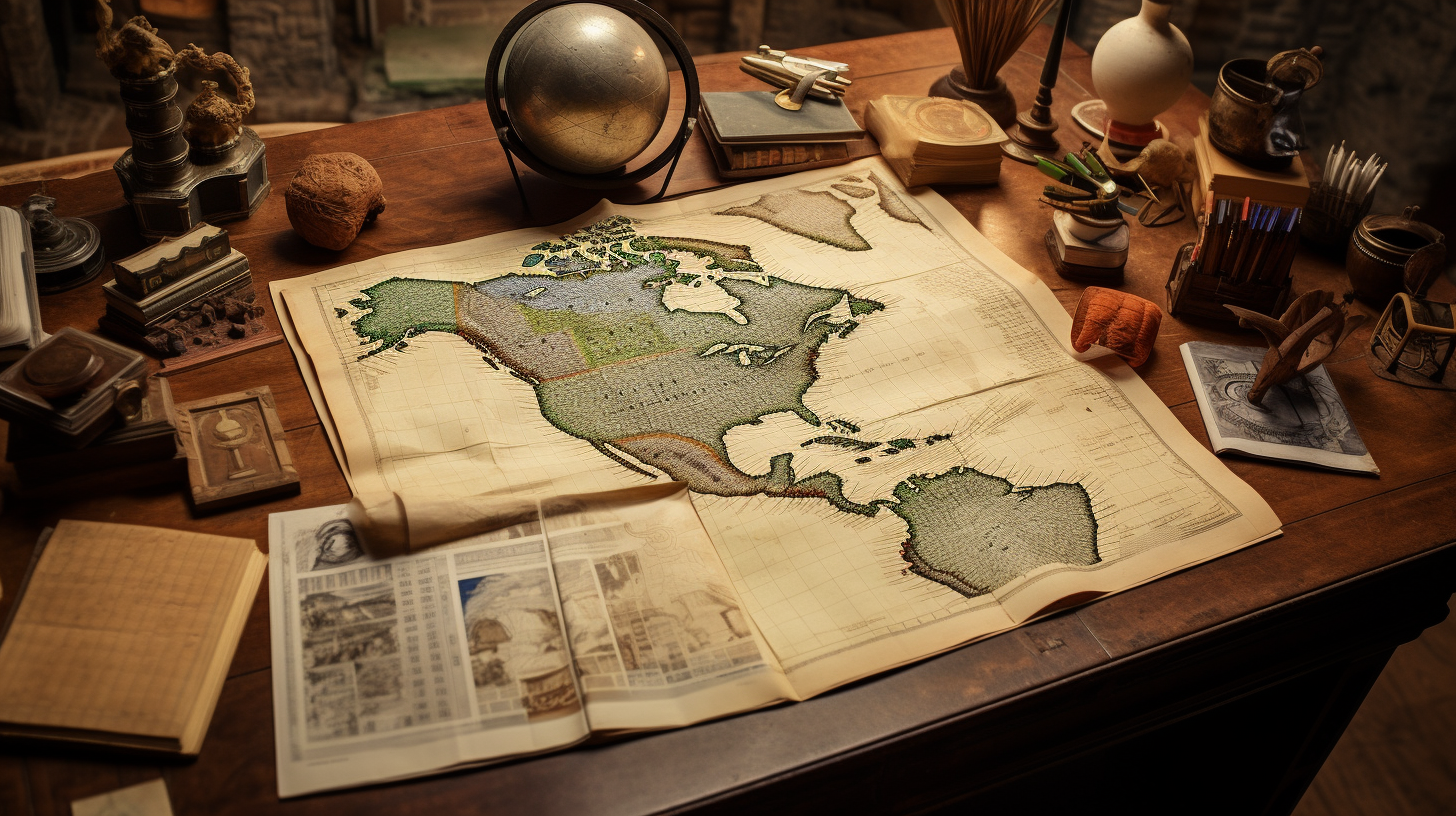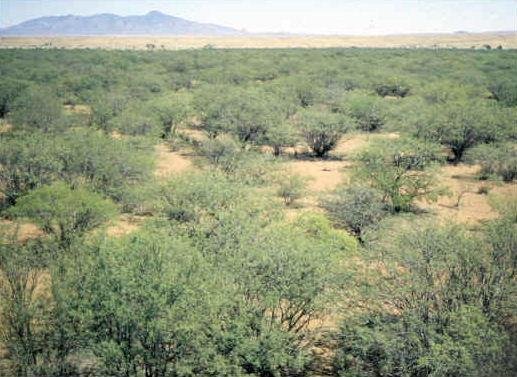
Articles

Mexican States
Southwest United States
Heritage and Governance
Veracruz: The Third Most Indigenous State of Mexico
The State of Veracruz, located along the eastern Gulf Coast of the Mexican Republic, shares common borders with the states of Tamaulipas (to the north), Oaxaca and Chiapas (to the south), Tabasco (to the southeast), and Puebla, Hidalgo, and San Luis Potosí (on the west). Veracruz also shares about 430 miles (690 kilometers) of its eastern boundary with the Gulf of Mexico.
Indigenous Puebla: Land of the Náhuatl Speakers
Puebla de Zaragoza is a landlocked state in east central Mexico. It is surrounded by Veracruz on the northeast, Hidalgo on the northwest, Tlaxcala on the west, Estado de México on the west and southwest, Morelos on the southwest, Guerrero on the south and Oaxaca on the south and southeast. Politically, Located on the central plateau southeast of Mexico City, Puebla is divided in 217 municipios and has an area of 34,306 square kilometers (13,245 square miles), making it the 21st largest Mexican state (1.7% of the national territory).
Indigenous Sonora at Contact (Part 1)
Located in northwestern Mexico, Sonora shares 588 kilometers of border with the United States, specifically with the States of Arizona and New Mexico. The state also shares a common border with the Mexican states of Chihuahua (on the east), Sinaloa (on the southeast), and Baja California (on the northwest). Sonora also shares a long shoreline along the Gulf of California.
Are You Related to the Aztecs?: The Uto-Aztecan Languages
For five centuries, North Americans have been fascinated and intrigued by stories of the magnificent Aztec Empire. This extensive Mesoamerican Empire was in its ascendancy during the late Fifteenth and early Sixteenth Centuries. The Aztec Empire of 1519 was the most powerful Mesoamerican kingdom of all time. This multi-ethnic, multi-lingual realm stretched for more than 80,000 square miles through many parts of what are now central and southern Mexico.
Indigenous Querétaro de Arteaga: Land of the Otomies
The Mexican state of Querétaro de Arteaga ‒ located near the center of the Mexican Republic ‒ is bordered on the west and northwest by Guanajuato, on the northwest by San Luis Potosí, on the east by Hidalgo, on the southeast by the State of México and on the southwest by Michoacán de Ocampo. Querétaro is one of the smallest Mexican states, containing only 11,699 square kilometers (4,518 square miles), occupying only 0.6% of the national territory and ranked 27th out of 32 states and the Distrito Federal. Politically, the state is divided into 18 municipios.
The History of Zacatecas: From La Gran Chichimeca to a Silver-Based Economy
The state of Zacatecas, located in the north-central portion of the Mexican Republic, is a land rich in cultural, religious, and historical significance. With a total of 75,539 square kilometers, Zacatecas is Mexico’s eighth largest state and occupies 3.9% of the total surface of the country. Politically, the state is divided into fifty-eight municipios and has a total of 5,064 localities, 86% of which correspond to the old haciendas.
Indigenous Zacatecas: From Contact to the Present Day
The present state of Zacatecas is located at the geographical center of Mexico. Its shares borders with eight states: Coahuila de Zaragoza (on the north), Durango (on the west), Nayarit (on the southwest, Jalisco and Aguascalientes (on the south), Guanajuato (on the southeast), San Luis Potosí (on the west) and Nuevo León (on the northwest). As the eighth largest state of Mexico, Zacatecas has a square area of 75,284 square kilometers, equal to 3.84% of the national territory. The State of Zacatecas is divided into fifty-eight municipios, with the City of Zacatecas as its capital. Its territory lies wholly within the central plateau and is traversed by Sierra Madre Occidental mountain ranges.
Indigenous Nayarit: Resistance in the Sierra Madre
The Sovereign State of Nayarit, located in northwestern Mexico, is surrounded by Jalisco on the south and east, Zacatecas and Durango on the northeast and Sinaloa on the northwest. On its west is the Pacific Ocean. With an area of 27,857 square kilometers, Nayarit takes up 1.4% of the national territory of Mexico and is the 23rd largest state. In fact, Nayarit is one of Mexico’s smallest states; only Aguascalientes, Colima, Morelos, Tlaxcala and the Federal District are smaller.

Article Categories
- Aguascalientes 13
- Arizona 4
- Baja California 5
- Baja California Sur 2
- California 14
- Campeche 5
- Census 34
- Chiapas 4
- Chihuahua 13
- Coahuila 8
- Colima 1
- Conquistador Chronicles 2
- Durango 2
- Ethnic Identity 34
- Genealogy 32
- Guanajuato 8
- Guerrero 8
- Hidalgo 2
- Indigenous Insights 92
- Jalisco 24
- Mexico City 10
- Michoacan 6
- Morelos 4
- Nayarit 3
- New Mexico 3
- Nuevo Leon 7
- Oaxaca 5
- Politics 10
- Puebla 5
- Queretaro 1
- Quintana Roo 5
- San Luis Potosi 10
- Sinaloa 5
- Sonora 16
- Southwest US 23
- State of Mexico 6
- Tabasco 4
- Tamaulipas 11
- Texas 6
- Tlaxcala 6
- Veracruz 7
- Yucatan 5
- Zacatecas 12









